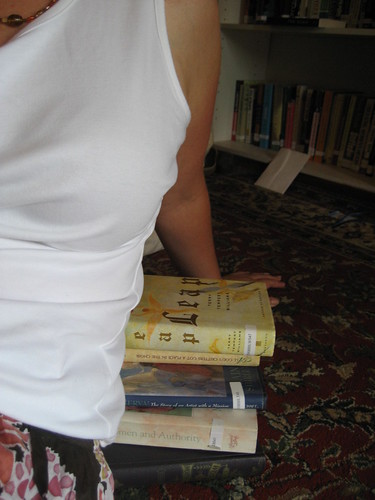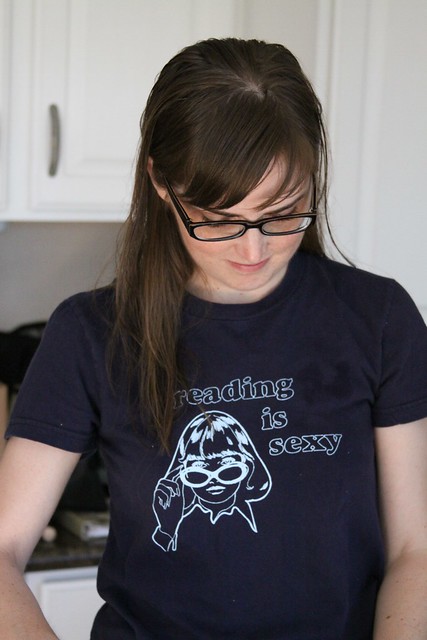When I was diagnosed with bone cancer, the weight of that word meant many things: I had some sense that I would lose my hair, that I would become thin, that I would be fighting for my life. I knew all of that because my disease had a name, albeit a frightening one (oh, and how glad I am that google did not exist then to tell me just how frightening a bout of bone cancer might be)….
So this article from the NYTimes highlights Ugandan women who have breast cancer and don’t even have a name for their condition in their language, caused me to wonder what it would be like to be diagnosed with a life-threatening ailment which carried no meaning, no cultural baggage, and no fears (a la Susan Sontag). I suspect that I would not have followed through with the treatment had I not been more afraid of dying of cancer than I was of chemo.
Related to that, is a book that I picked up yesterday called Improvising Medicine, about the cancer epidemic in Botswana. What connects these research pieces is that there is currently a surge of cancer in Africa and its unknown whether this is due to an actual increase in the disease or an increase in diagnosis rates. And, although I haven’t yet begun reading Livingston’s book, the summary tells me that, like the NYTimes article, it addresses many of the socioeconomic challenges of treating a disease in communities without sophisticated medical care options.
Perhaps a book that will hit a bit closer to home for me is a new release from UCPress, Malignant: How Cancer Becomes Us, which combines cultural analysis and memoir in addressing the complex social nature of this disease in the United States. The summary says, “Jain explains how a national culture that simultaneously aims to deny, profit from, and cure cancer entraps us in a state of paradox—one that makes the world of cancer virtually impossible to navigate for doctors, patients, caretakers, and policy makers alike.” Indeed, my experience is that treatment for cancer now hinges so much on what type of health insurance one has and the process of “shopping” for a doctor who will tell you what you want to hear, which seems a wrongheaded approach to a cure.
Even though thirty years have now passed since I first heard that dreadful cancer word spoken in connection with the symptoms of my own body, I still find it difficult to comprehend the life-changing event that was my diagnosis and treatment for osteosarcoma. As I look back on what I went through then, it remains a kind of encapsulated moment that is hard for me to connect with now. But what I remember most significantly, was the feeling that the temporary horror of my cancer treatments was worthwhile to endure because of the possibility of eradicating my disease, and I trusted that my doctors were giving me the treatments that would increase my odds for survival. I suspect, now, that my faith in my doctors was naive, as was my willingness to endure mutagenic treatments. And if I had not lived in a society where I was told that it was my (heroic) responsibility to “fight” and “kill” that cancer, I am quite sure that I would not have consented to the amputation of my leg and the months of high-dose chemotherapy treatments afterwards. Of course, with 30 years of hindsight it seems to have been a wise choice. But I can’t help but wonder how differently my experience would have played out if I hadn’t been part of a community that encouraged, even championed, a specific behavior for me as a “victim” of cancer.


